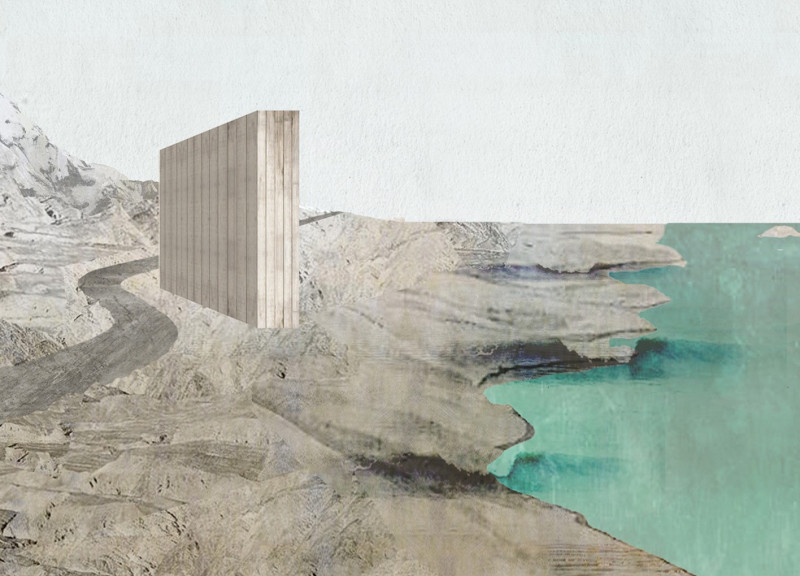5 key facts about this project
FRAGMENTS engages with the natural landscape through a design that emphasizes the relationship between built forms and their surroundings. Set in a vibrant forest environment, the design provides service points for resting, warming up, eating, and meditation. The overall concept revolves around fragmented structures that promote exploration and connection, combining the journey through nature with the necessary functionality for users.
Modular System
The design utilizes a modular system to enable easy transport and assembly, making it adaptable to different geographical settings. This approach ensures that the landscape remains largely untouched while still offering essential services. Each module operates independently as well as part of a network of service points, inviting users to engage actively with the environment.
Material Selection
Sustainability is a key focus, with an emphasis on wood as a renewable resource. Main structures made from wood provide both aesthetic and structural value, while additional wooden elements enhance practicality. Wood finishes contribute texture and cohesion to the design, creating a visual language that connects the built environment with the natural habitat.
Spatial Orientation
Service points are carefully positioned to face a river that is central to the site. This alignment not only offers easy access to facilities but also deepens the visitor's experience by connecting them with important natural features. Vertical elements guide users to higher viewing points, allowing for contemplation of the surrounding landscape.
Functional Detailing
The architectural framework includes steel bases to provide stability and durability, adapting to changing weather conditions while ensuring a secure foundation. By using the land's natural contours, the foundation design harmonizes with the environment, reinforcing the intent to blend architecture with nature. Each fragment uniquely enhances the landscape, serving as a place of rest and reflection for those exploring the path.


























